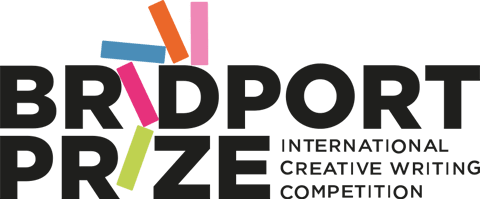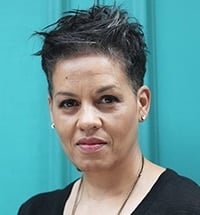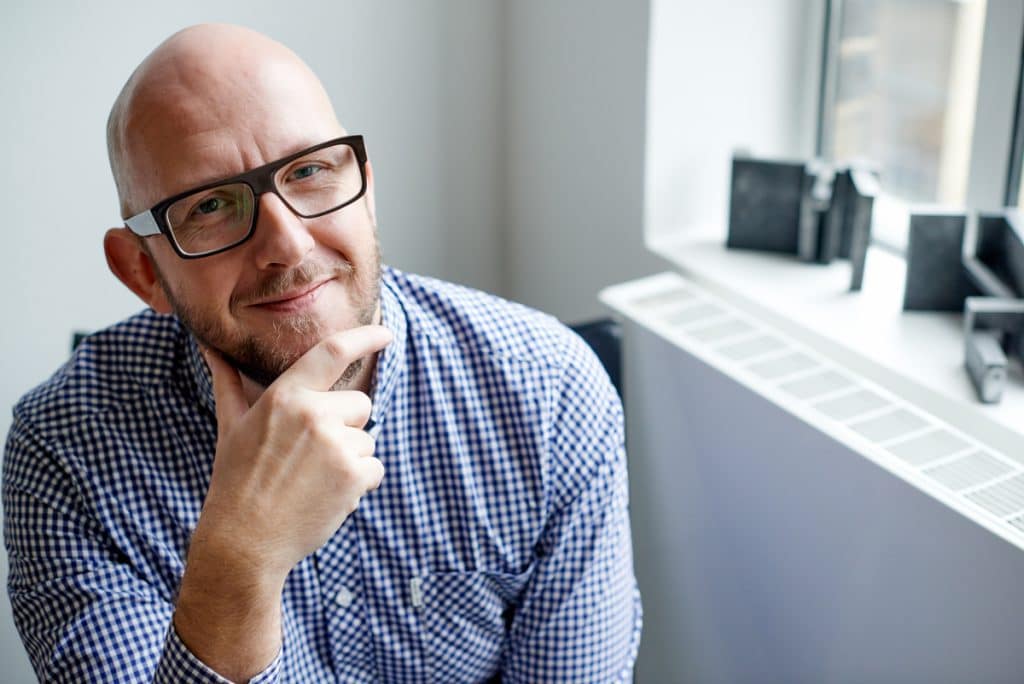
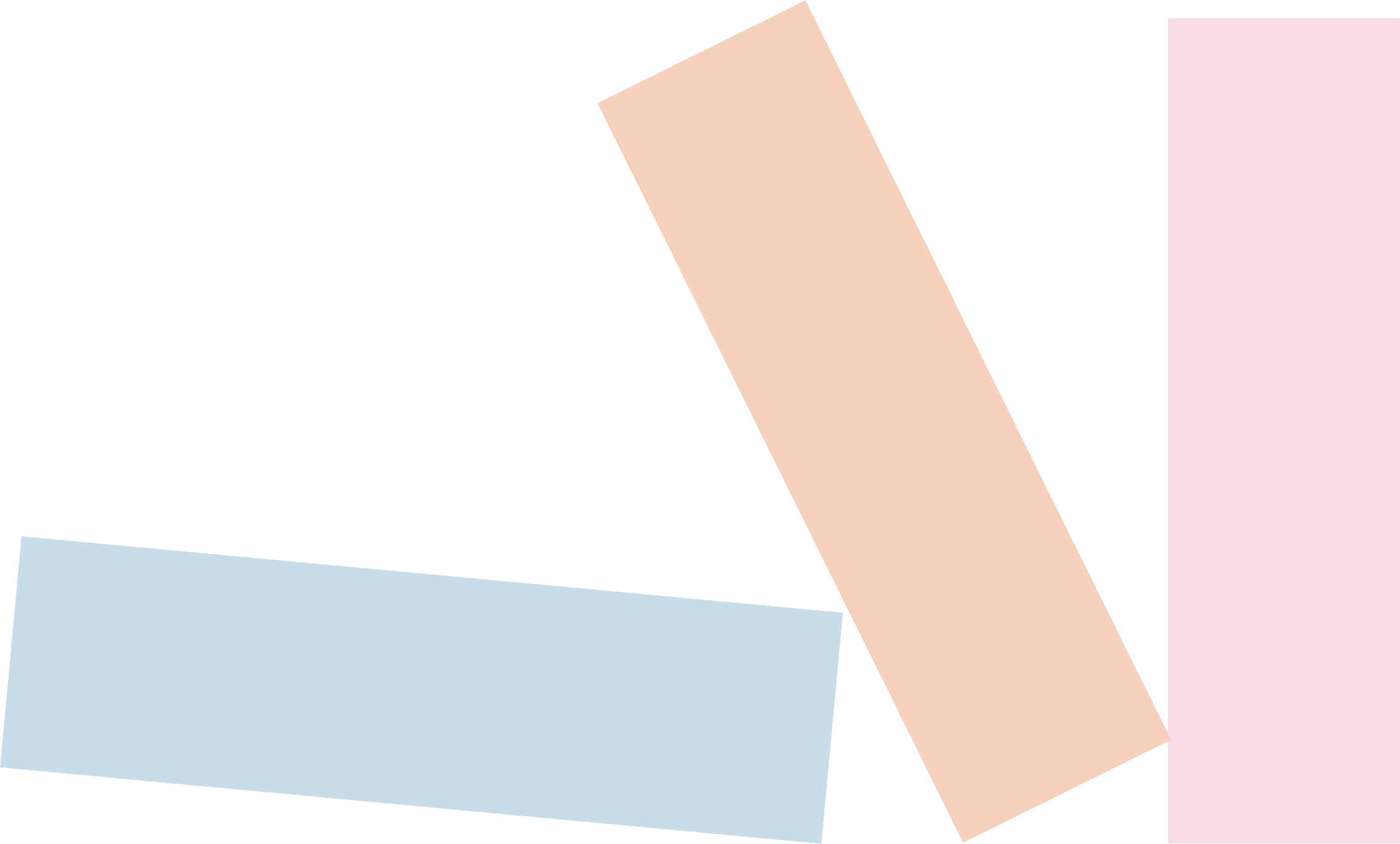
Common traps for aspiring writers?
First not getting things finished! It can be exciting to get the first draft of a story or a novel down on the page and you’re caught up in the white heat of creativity, but the hard work then starts and that can be a bit of a slog. I often talk to people about that slushy bit in the middle when you haven’t got the excitement of the beginning and you’re nowhere near the end and it just feels like work. But I think if you accept that’s part of the process you get over that. I also think often people are trying too hard and are trying to show off and often, in a lot of published novels, the language is quite simple. I think that’s a trap people can fall into – trying to make it sound too clever, too different, too fancy.
How did you spend your first advance?
With my first advance my parents were living out in Spain at the time, but bizarrely they really wanted a sun room on their place there! So I helped them out in getting that.
How much do you research?
Research is an interesting one because I enjoy it but that can be a bad thing too because you can get so caught up reading about your topic that the writing becomes a chore! So, I deliberately don’t do that much until the writing process is underway, so the two things are running concurrently. I need to be underway with writing to know what I need to know if that makes sense? Otherwise I would disappear down a rabbit hole of research and not emerge for two years! An expert in memory but with no book written! My principle is, especially for Before I Go to Sleep, I don’t mind if someone who’s an expert in memory or a neuropsychologist says “actually this isn’t quite right, this wouldn’t quite happen” but I wanted it to be believable for the average person.
Most difficult thing writing characters of the opposite sex?
It’s a weird one as it’s not something I pay much attention to. For example, in my first book the biggest challenge was trying to understand the mindset of somebody who’s lost her entire sense of self, entire history and entire memory so the fact that it was a woman seemed secondary. In my second book, ‘Second Life’ this was a woman dealing with addiction and grief so the fact that it was a woman dealing with addiction and grief was a again secondary. Having said that I’m always very aware that I’ve got to get it right because if I don’t I’m going to be under more scrutiny perhaps because I’m writing outside my gender. Gender is an interesting one because 50% of the population may have an opinion on whether I’ve got things right or not, but I don’t see gender as being so 50:50 split anyway. It’s not a man thinks this, and a woman thinks that, or a man does this and a woman does that, I think it’s much more fluid.
How do you choose character names?
I’ve not thought about that for ten years! Christine was sort of named after a musician I really admire called Kristin who was sometimes referred to as Krissy and I thought Krissy was a good name for my character. But weirdly I don’t think she’s called Chrissy in the book at all apart from once at the end by her best friend.
I do struggle with names, particularly minor characters, because it has to feel right. There’s one character in my second book who’s name changed so many times, I actually now don’t really remember which one I plumped for in the end! For minor characters I’ll try a name out and write the book and then if it doesn’t feel right, I’ll change it. But with main characters I must get the name right before I begin.
What would you sacrifice to be a better writer?
Definitely not wine! A little less TV? I am lucky in that I can watch a box set and call it research and that’s great! Social media would be a good one, especially for writers. It’s kind of the equivalent of the water cooler you can chat to your friends which makes you feel connected but if you’re not careful it can become ‘oh I spent three hours on Twitter and none on Word!’
Favourite childhood book?
When I was a young child, I loved Enid Blyton, the Magic Faraway Tree, but then I became really obsessed with Tolkien and The Lord of the Rings, the Hobbit and even Silmarillion aged about 11. There was a teacher at school who took me under her wing to an extent and recommended books and that was one she lent me. I remember sitting on a caravan holiday in the rain in Cornwall and reading Silmarillion pretending I understood it…but I didn’t!
Ever google yourself?
No, especially when it comes to reviews. With Before I Go to Sleep, I devoured every review and a lot of them were good so that was great, and I really enjoyed that. But then I realised through doing that that it’s just a massive distraction and I also realised that you can have a review that can be 95% great but the one comment that is bad or negative is the one that stays with you. I found as I was trying to write my second book, those negative voices were in my head, much larger than the ones telling me how great the first book was.
Only bad can come out of googling yourself. You either get an inflated sense of your own self-importance and brilliance which is bad, obviously, or else you start to think “oh god everyone thinks I’m rubbish” which is also bad, so I stay away.
Competitions?
Writing competitions like the Bridport Prize are really important because they can give new writers a real thing to aim for and a focus for the mind to get something finished and get something done which is great.

